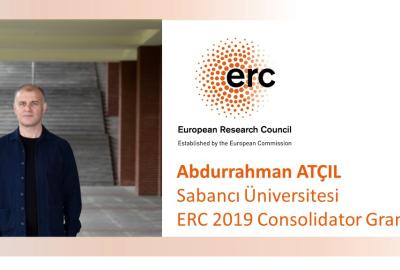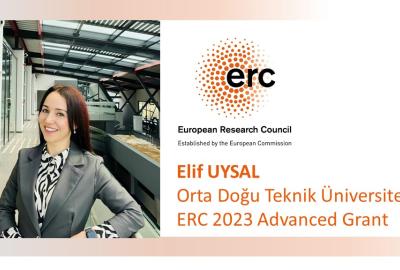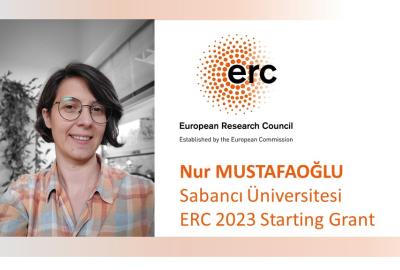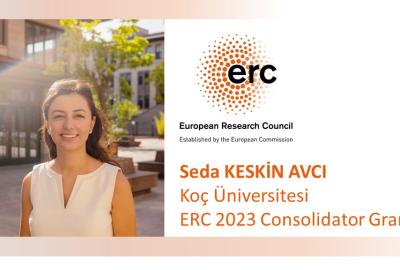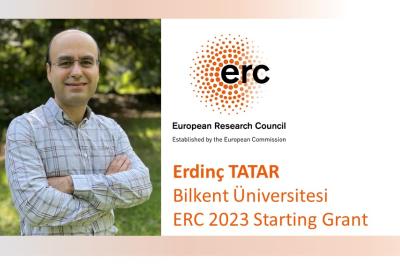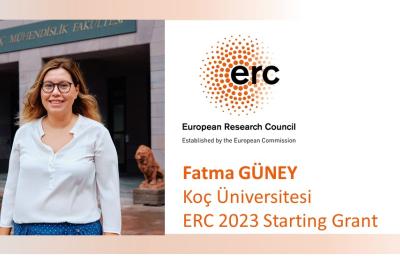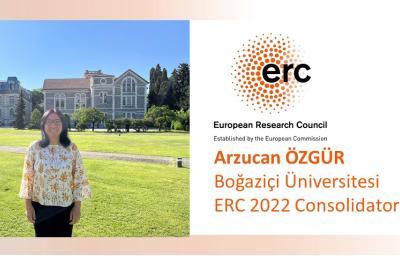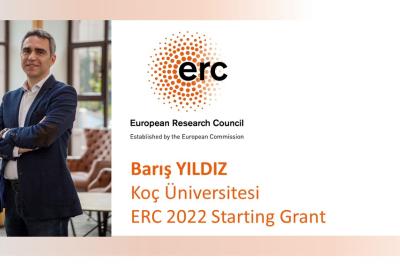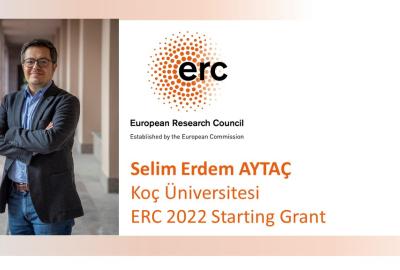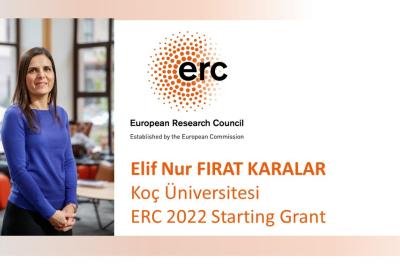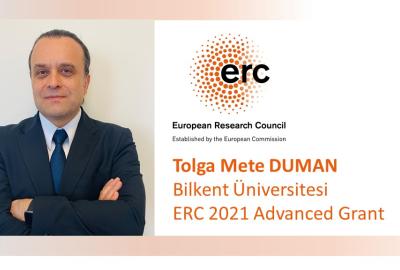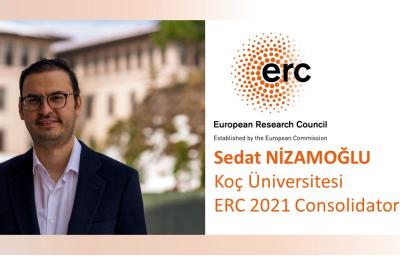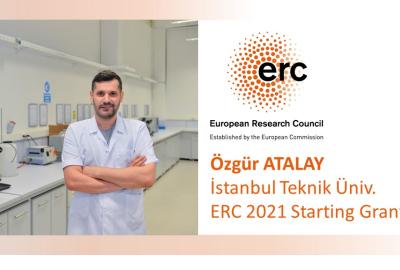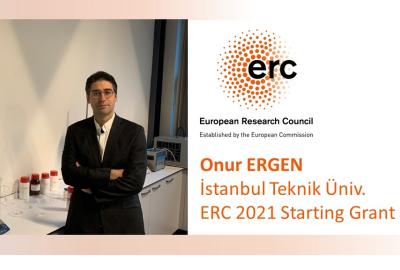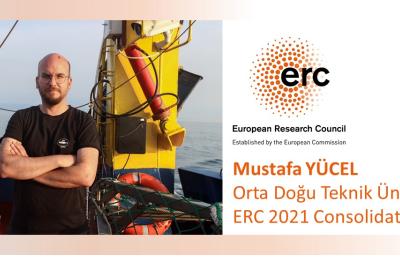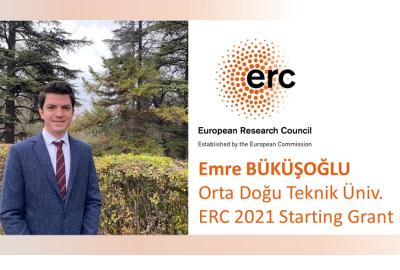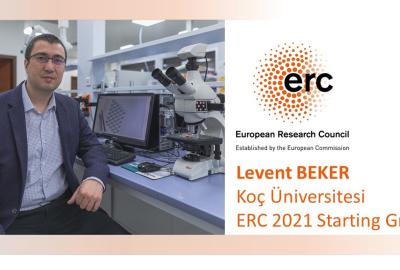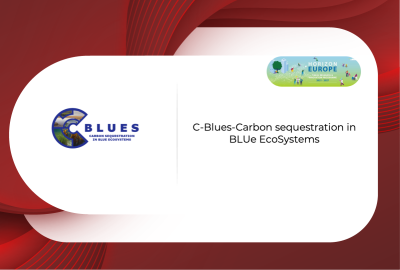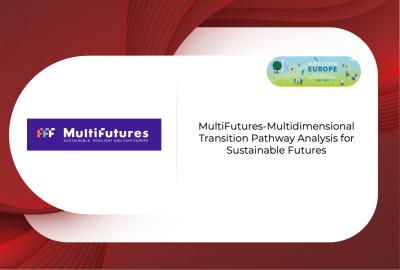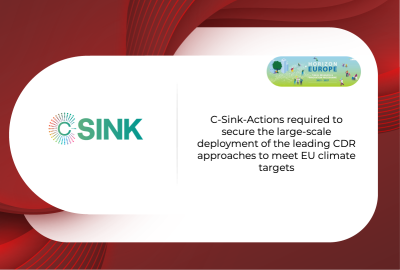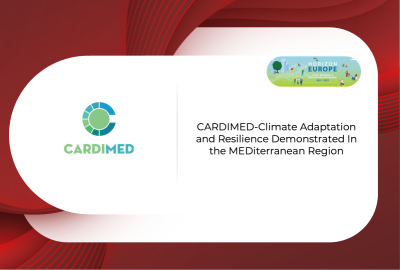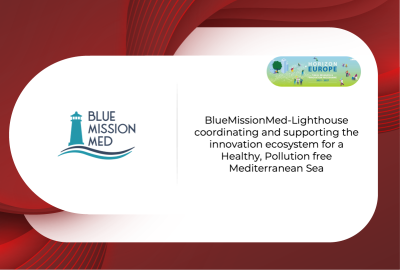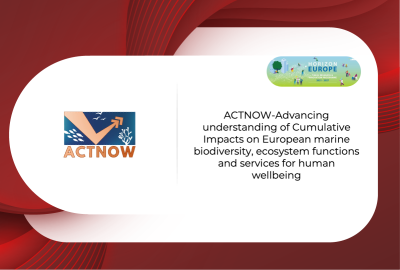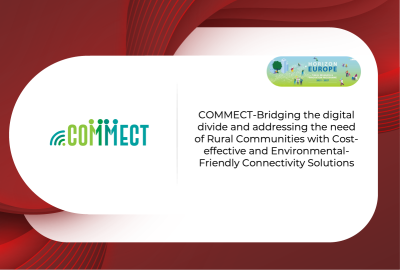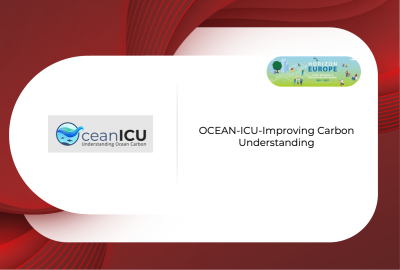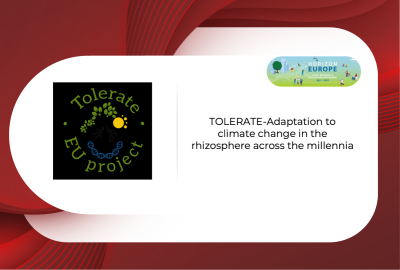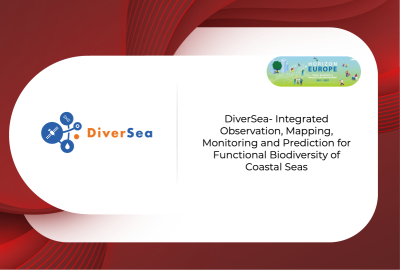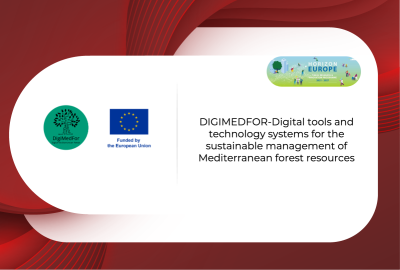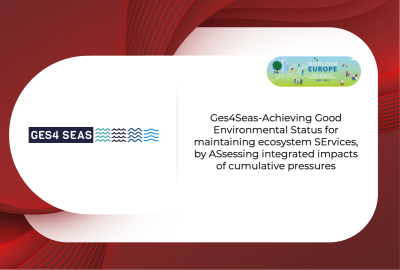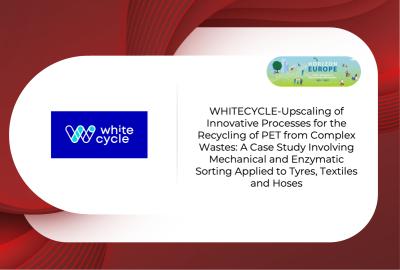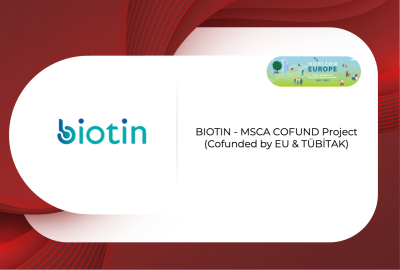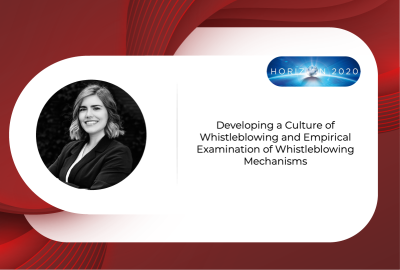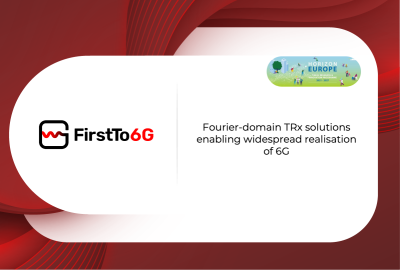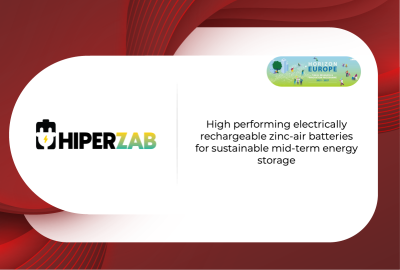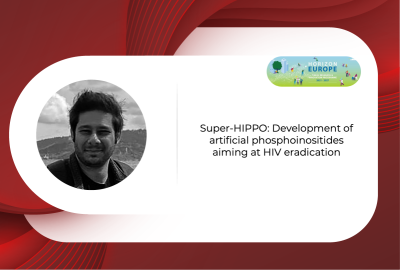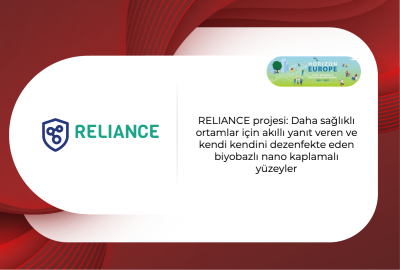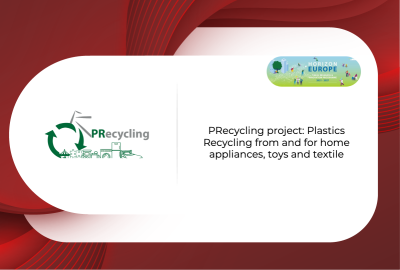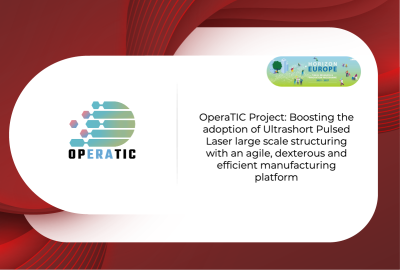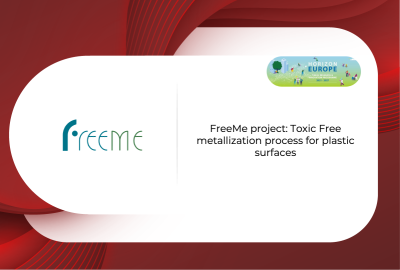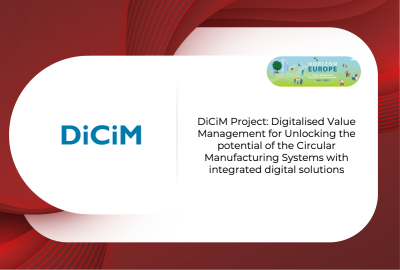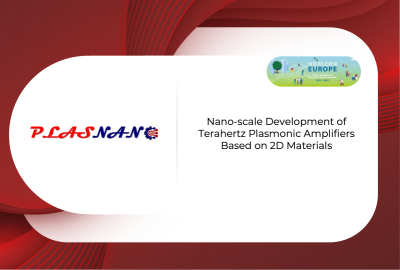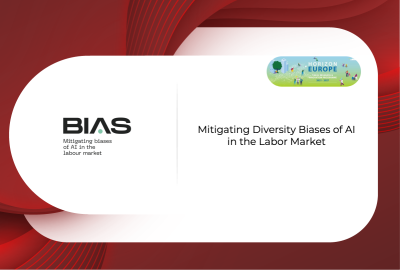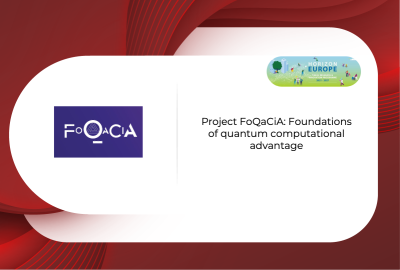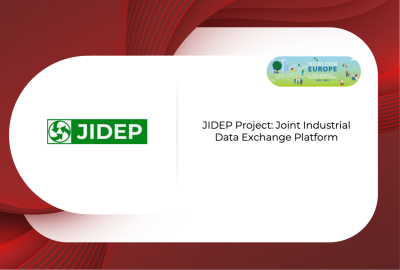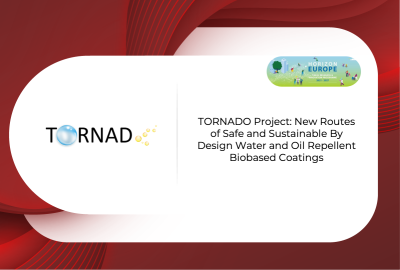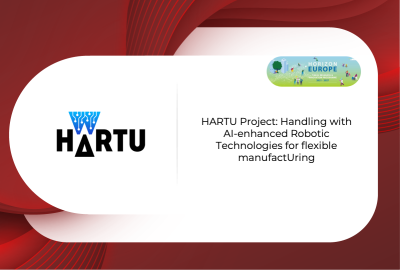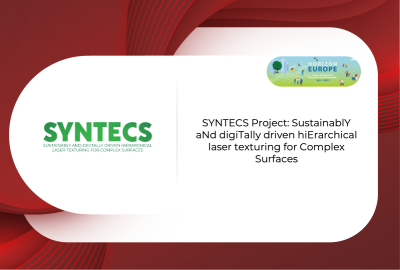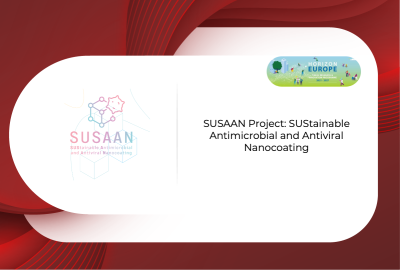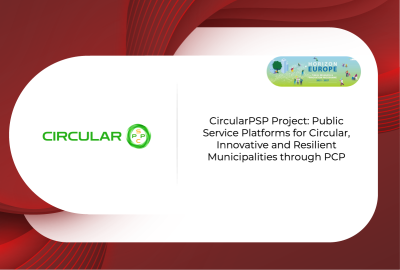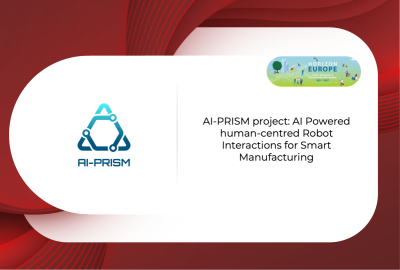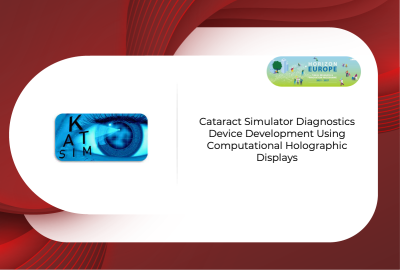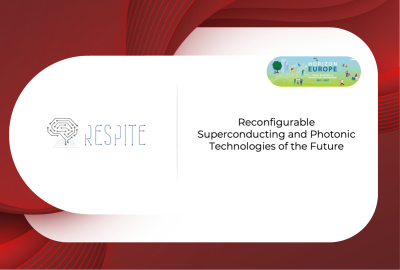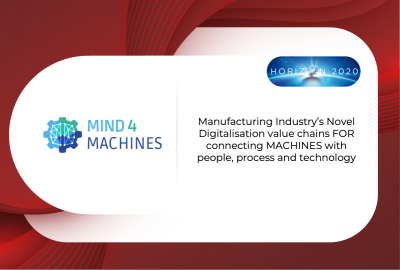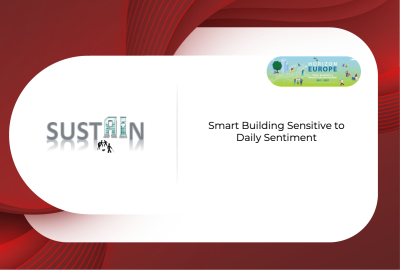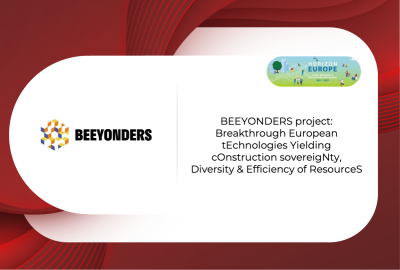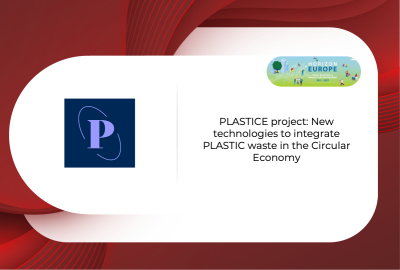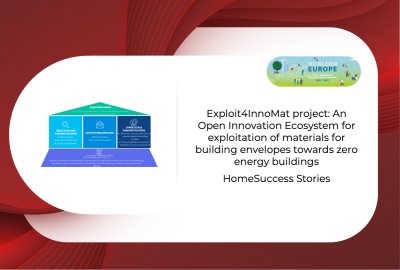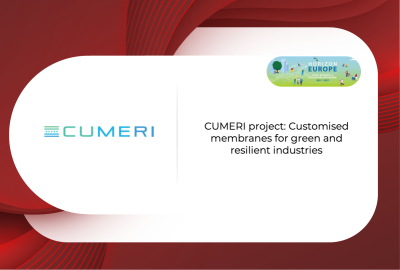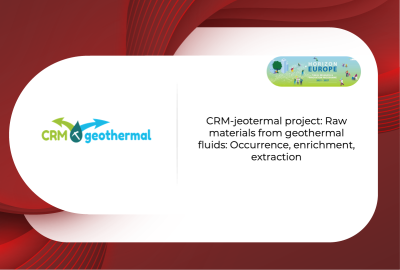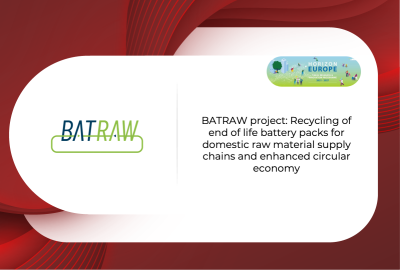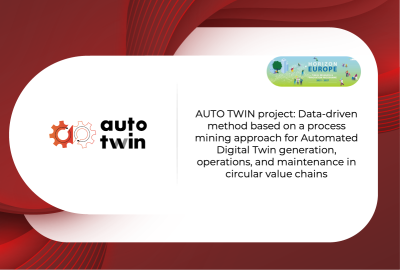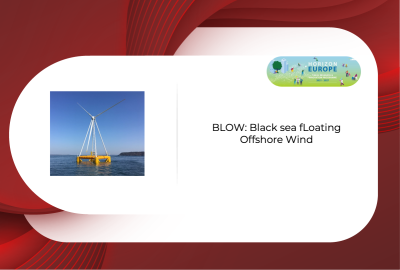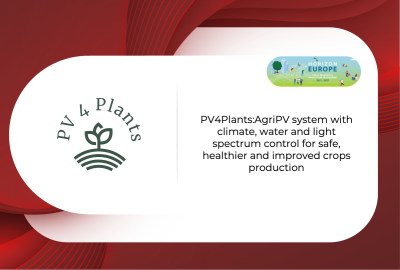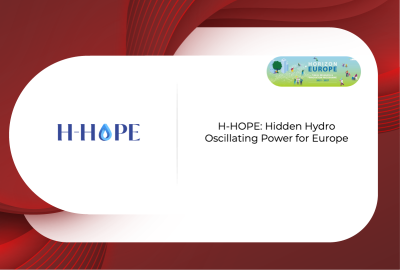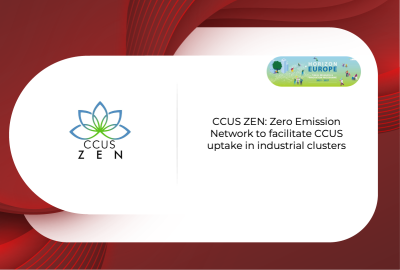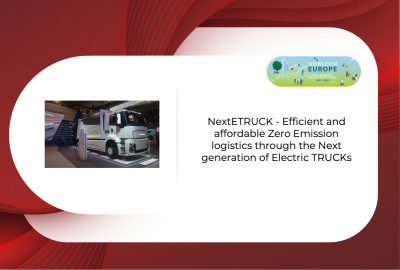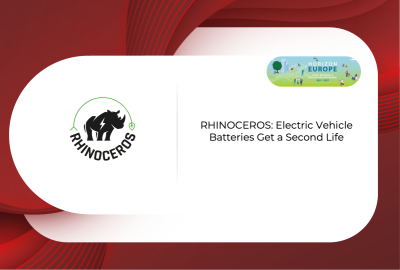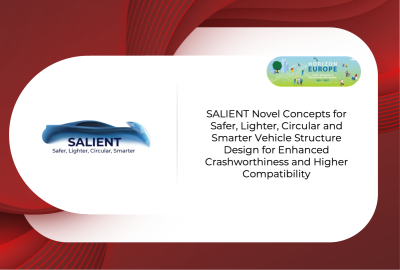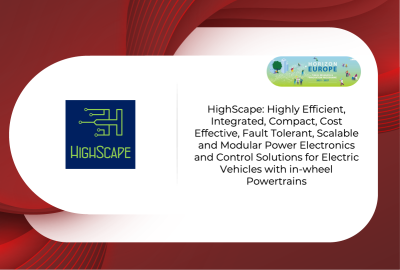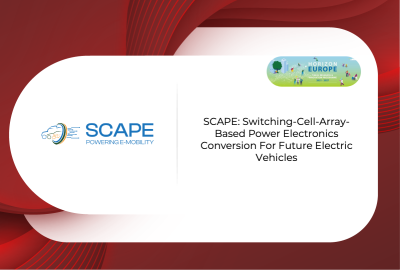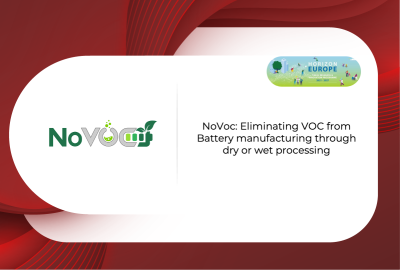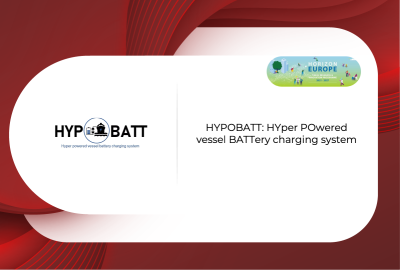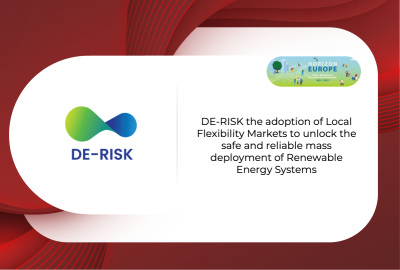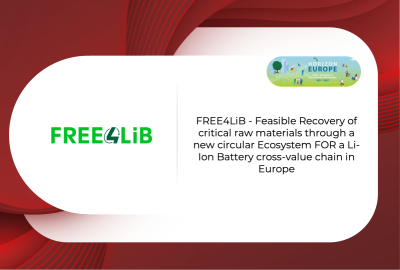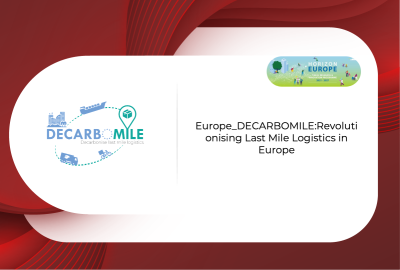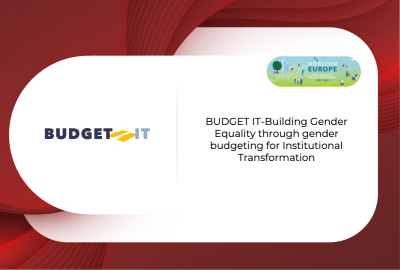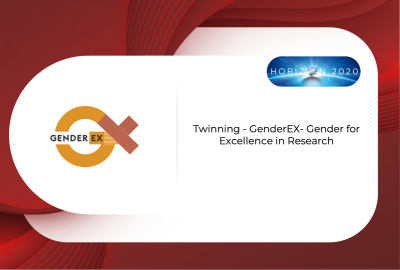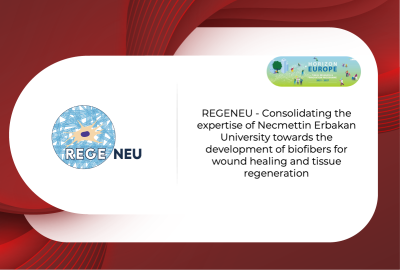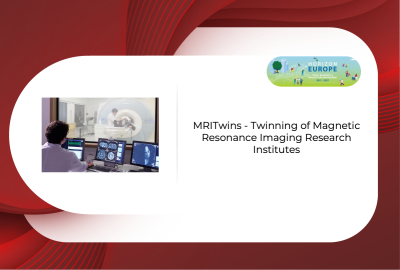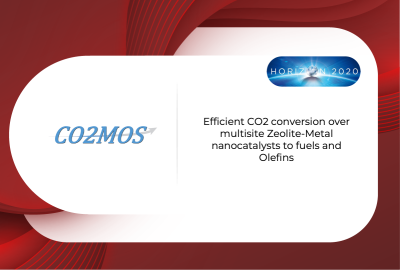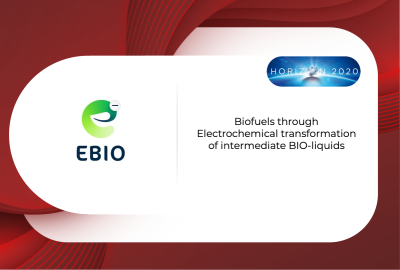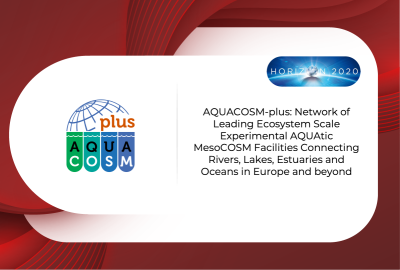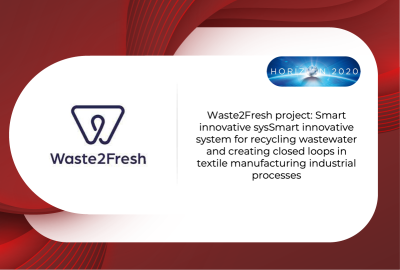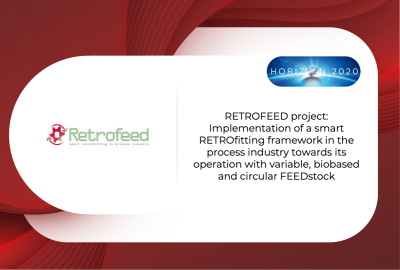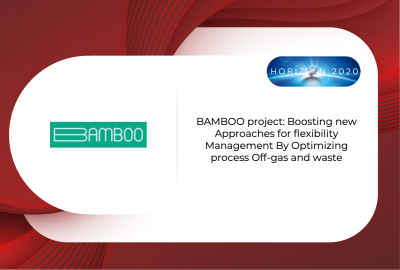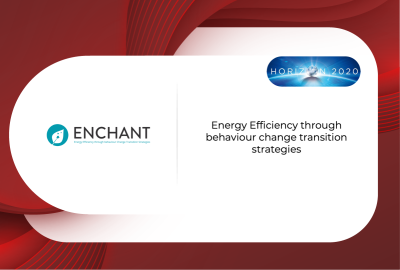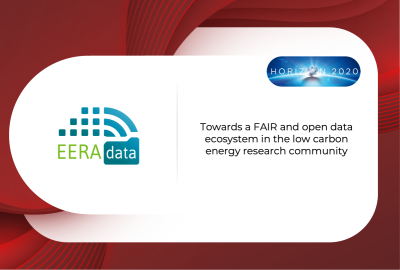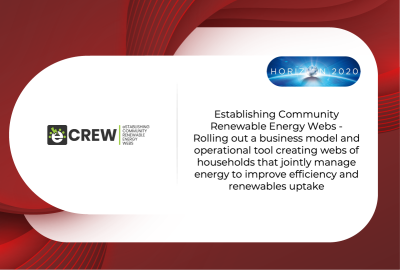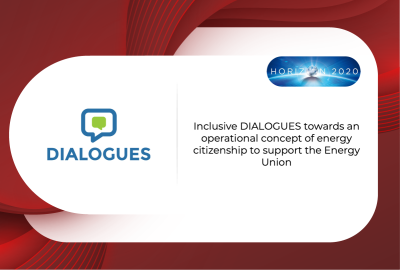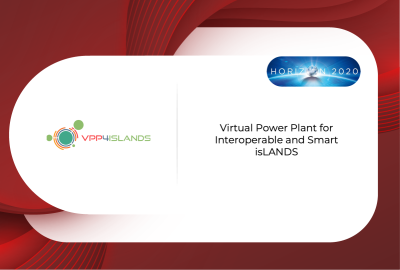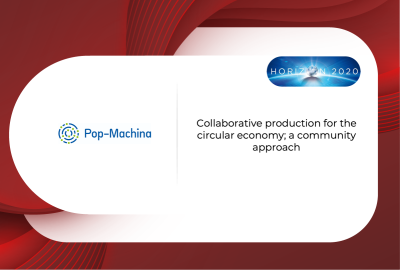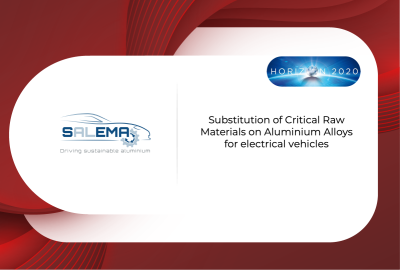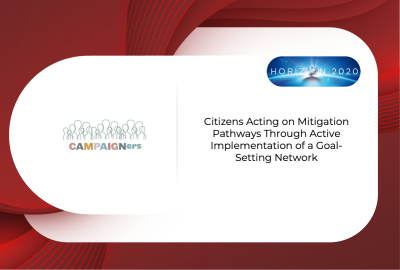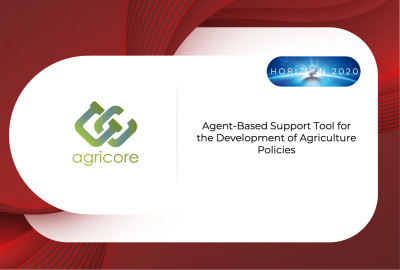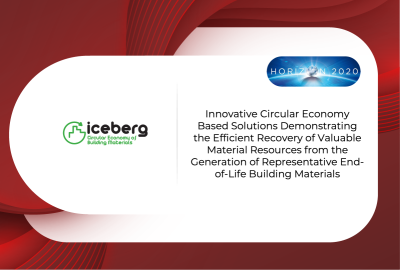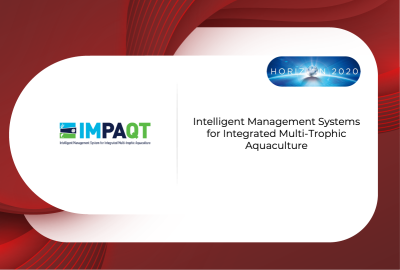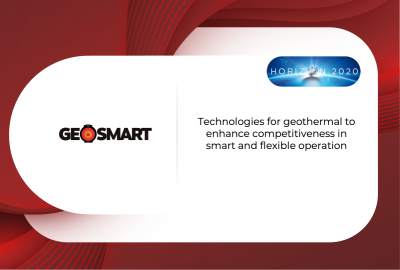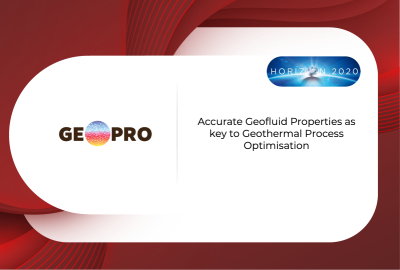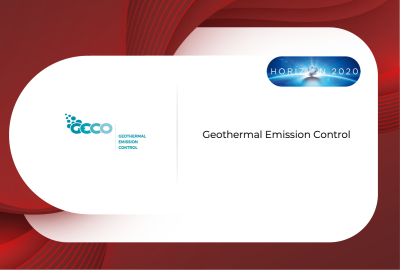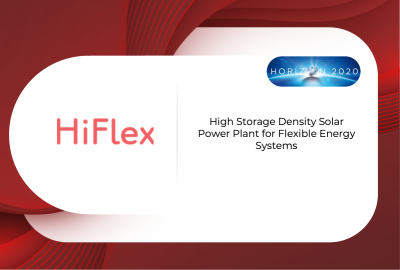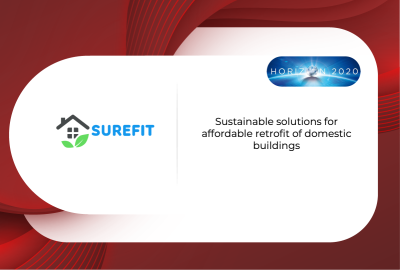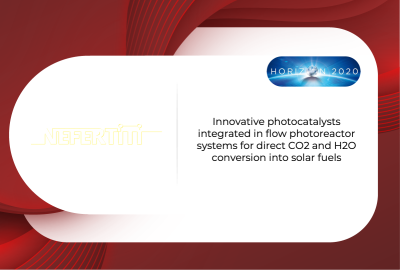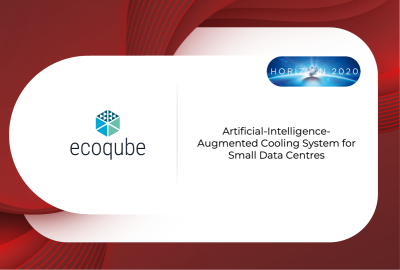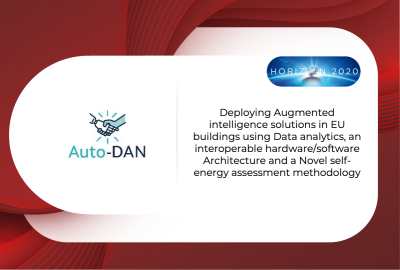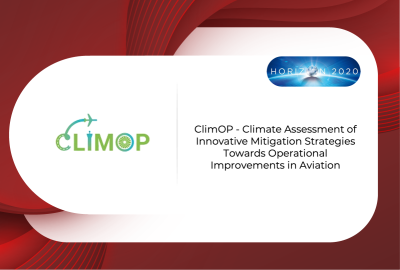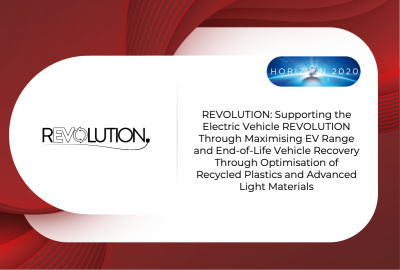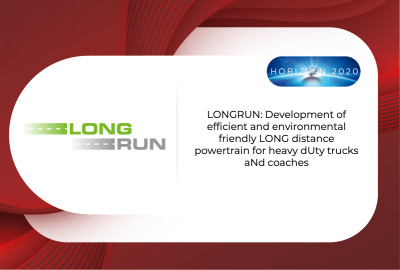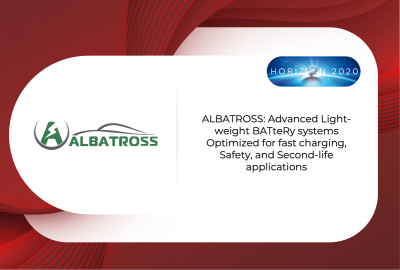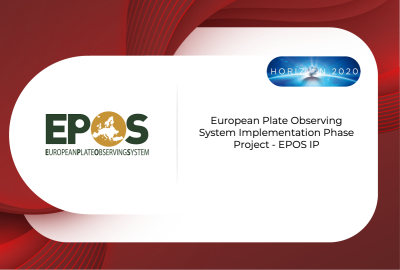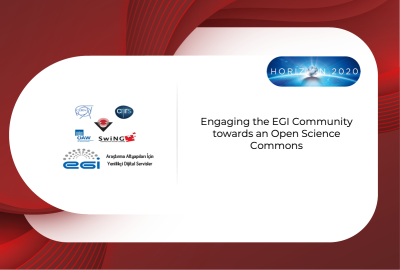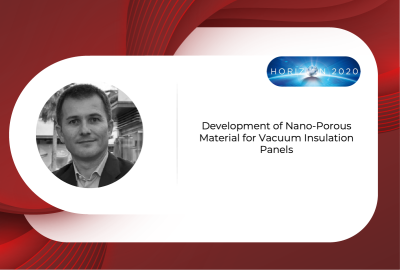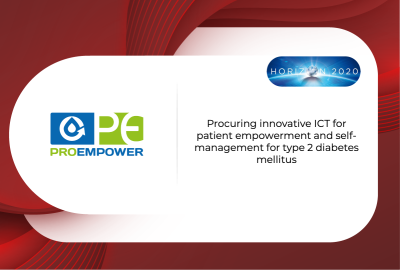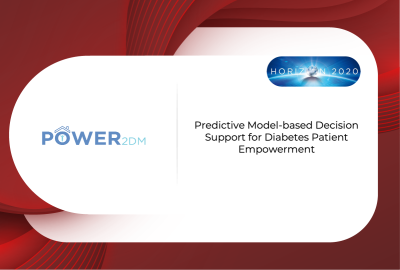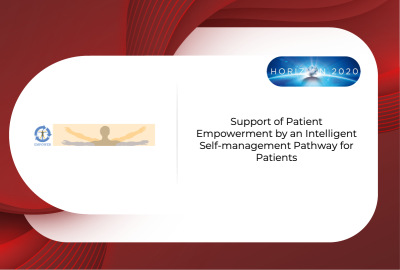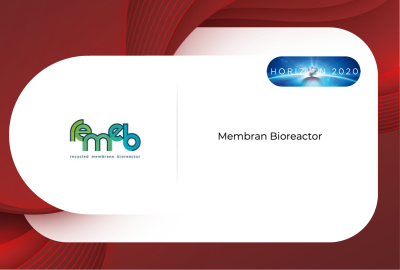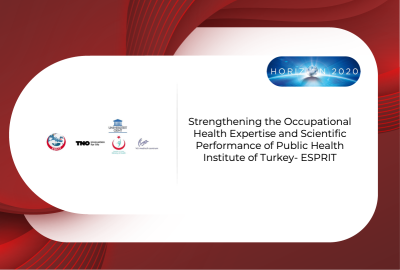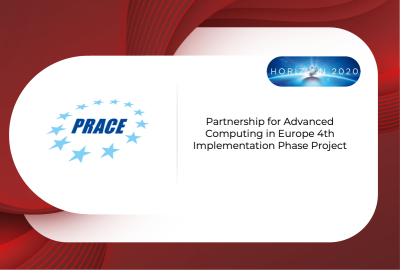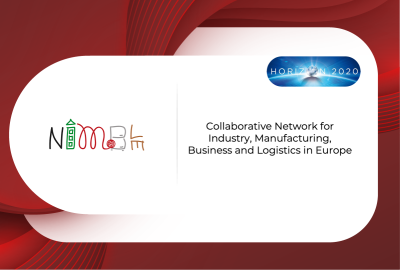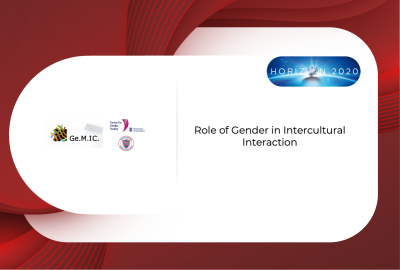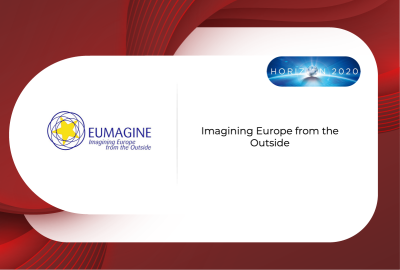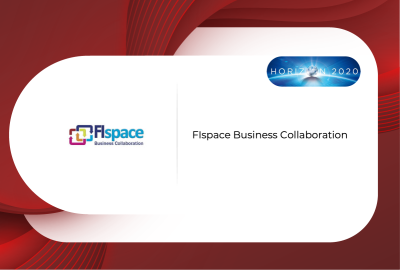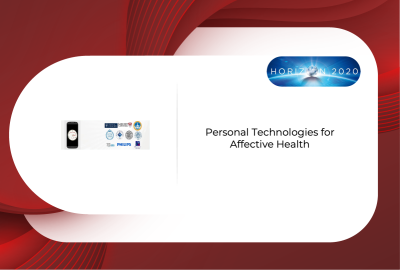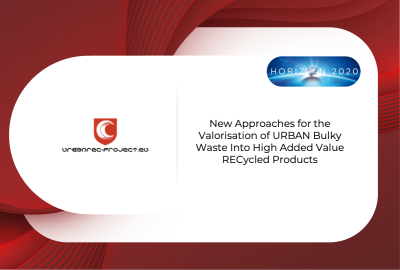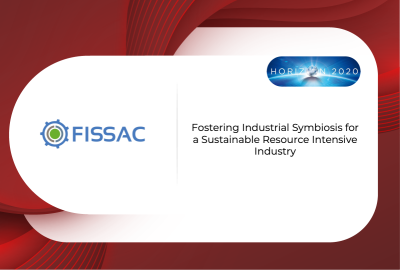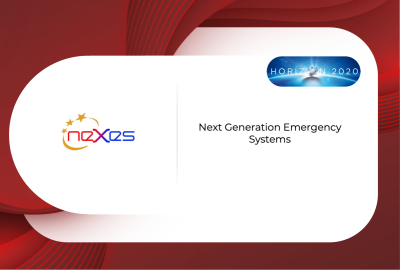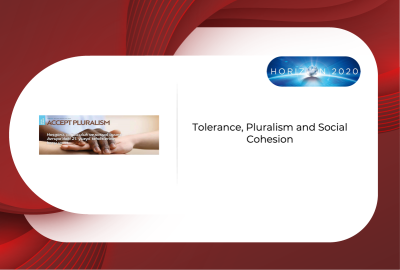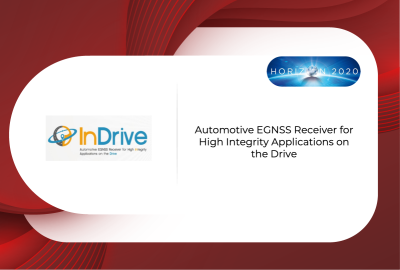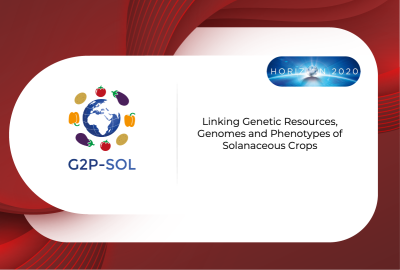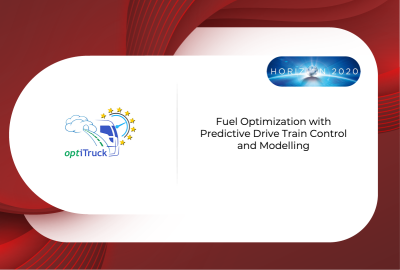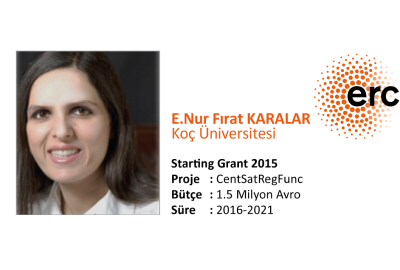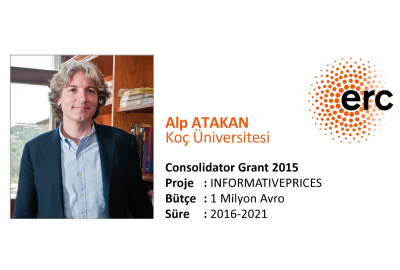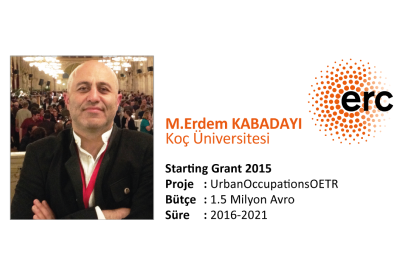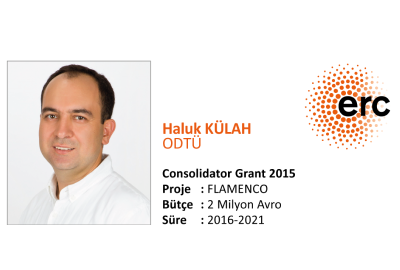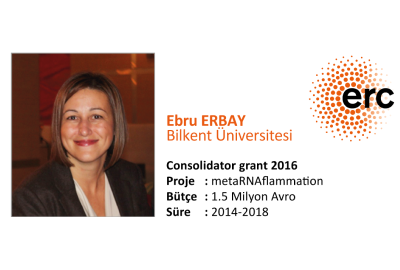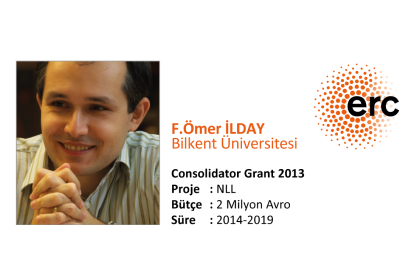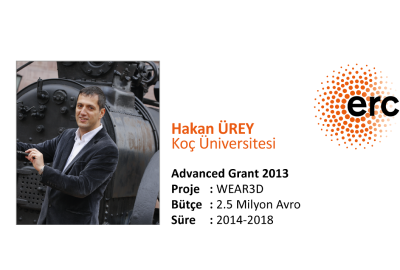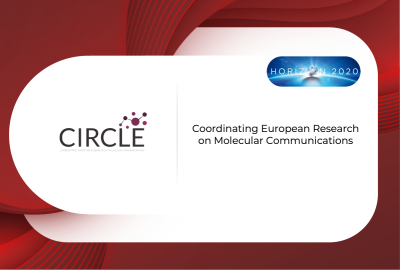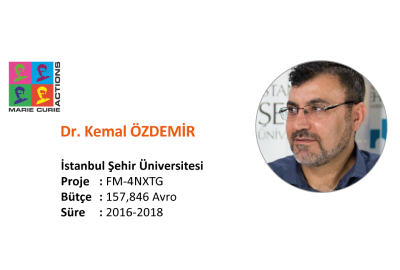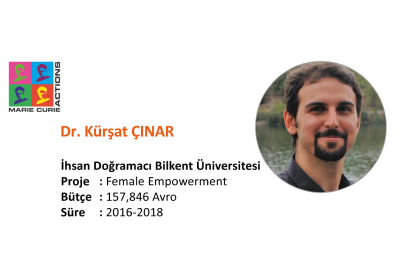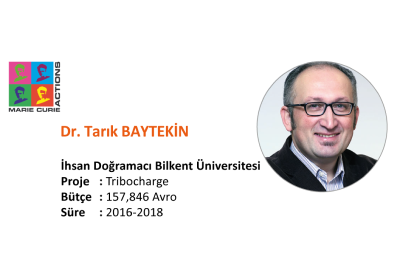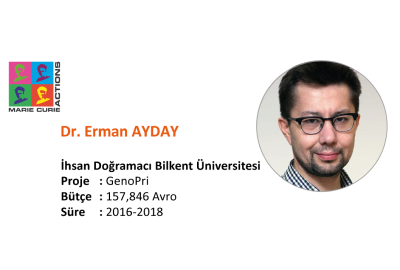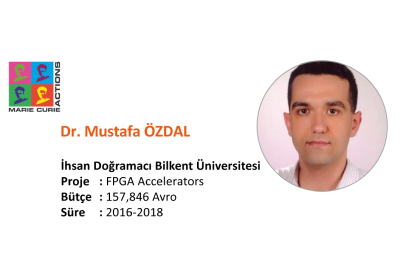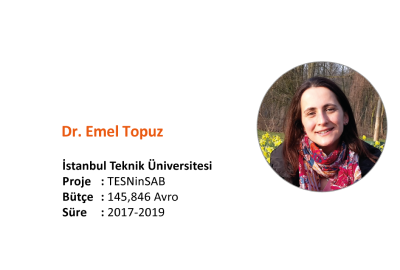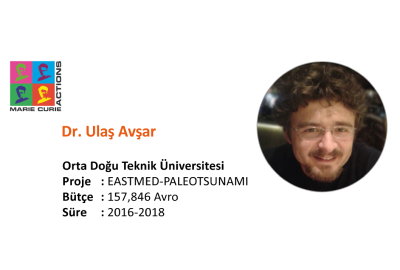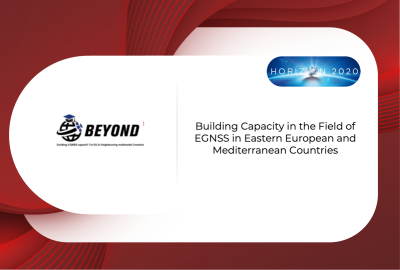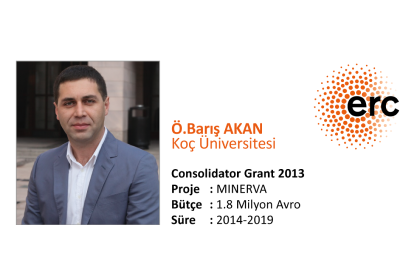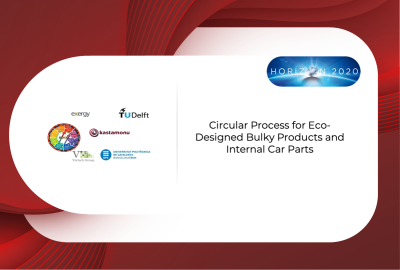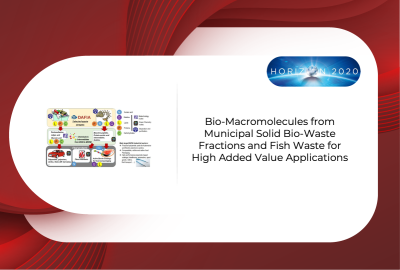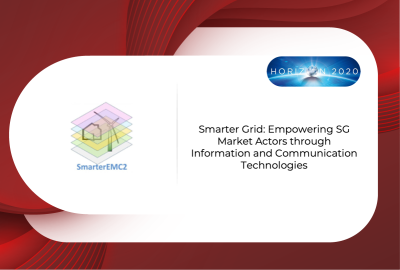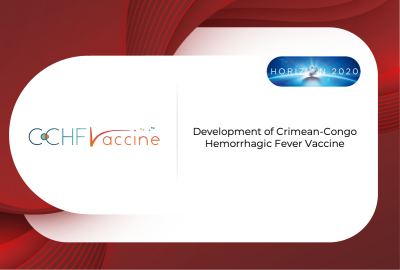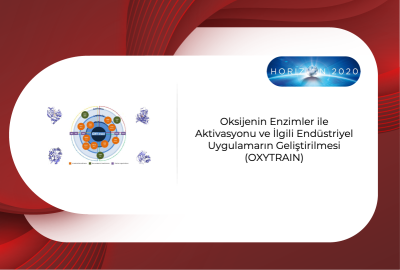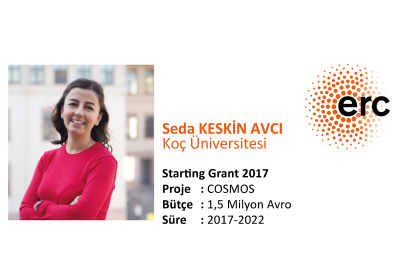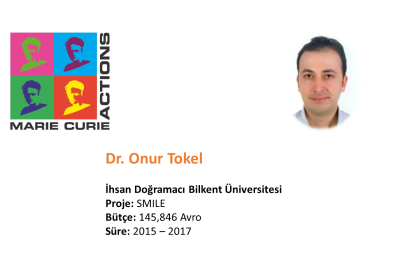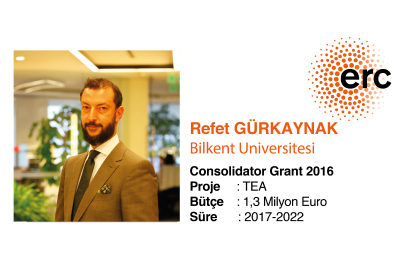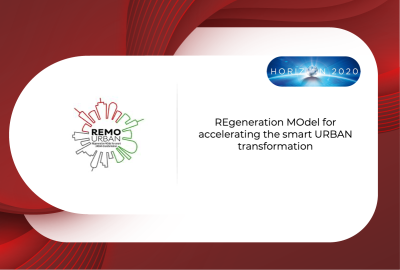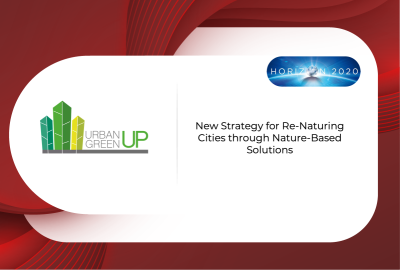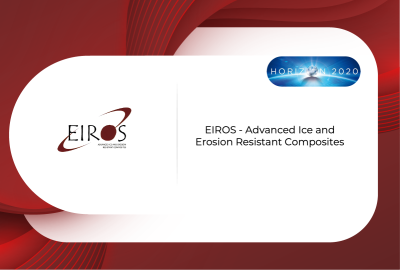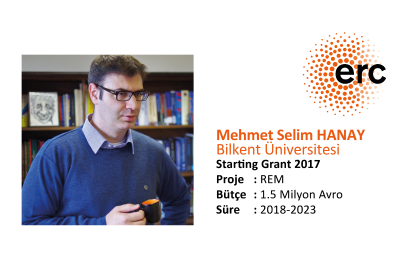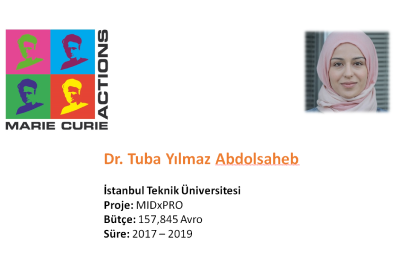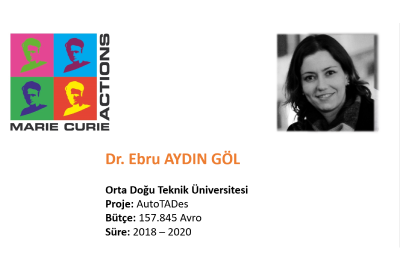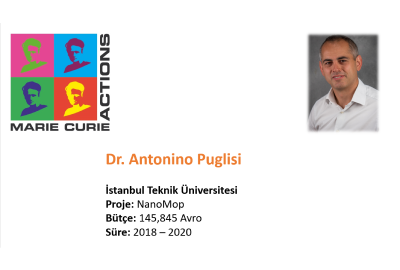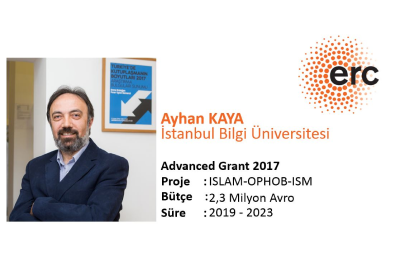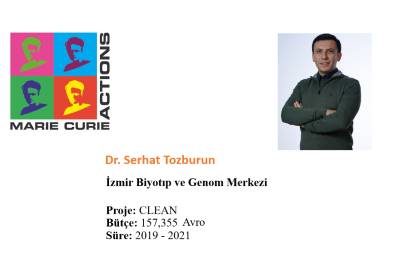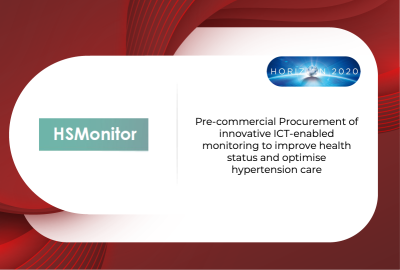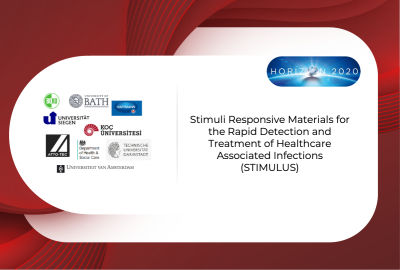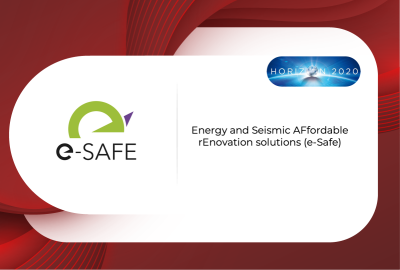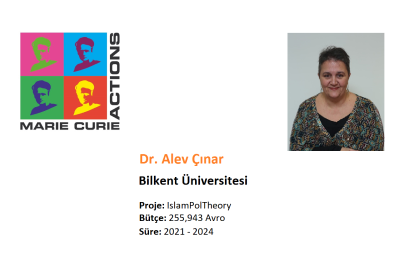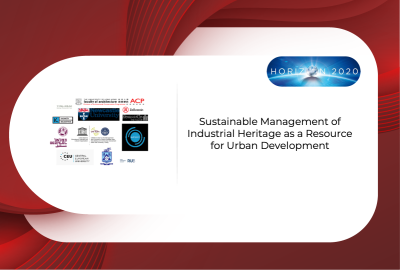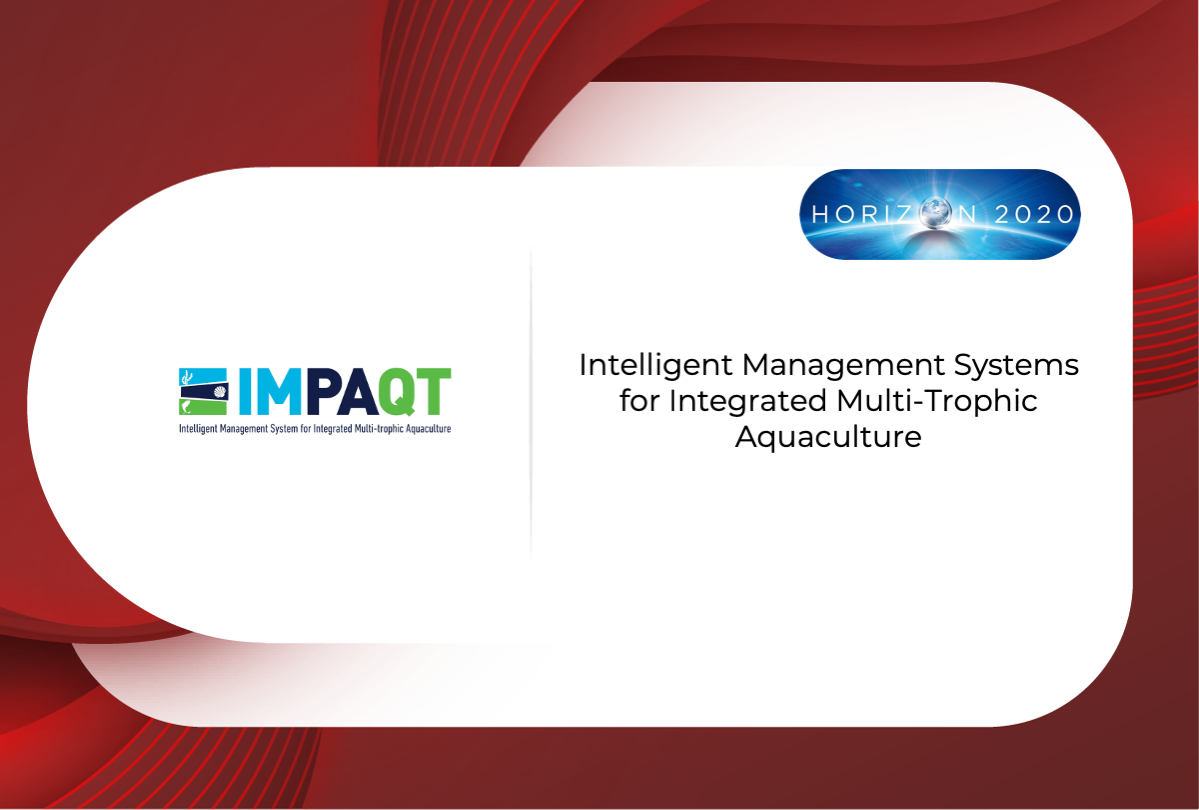
Coordinator
Marine Institute(İrlanda)
Project Total Budget
5 883 180 euro
Turkish Partners
Çamlı Yem ve besicilik San. ve Tic. A.Ş., Netaş, Dokuz Eylül Üniversitesi Deniz Bilimleri Enstitüsü
Supported Framework Program
HORIZON 2020
Project Website
https://impaqtproject.eu/WHAT IS IMTA? (Integrated Multitrophic Aquaculture)
The Integrated Multi-Trophic Aquaculture (IMTA) is acknowledged as a promising solution for the sustainable development of aquaculture.
IMTA farmers combine species that need supplemental feed such as fish, with “extractive” species. Extractive species use the organic and inorganic materials and by-products from the other species for their own growth. Extractive species can be primary producers (algae and plant species that transform inorganic nutrients into organic biomass) or secondary producers (those that use organic material from the water column or the seabed as food). The secondary producers can be either filter feeders (generally shellfish that sieve organic particles such as algae from the water column) or deposit feeders (organisms such as worms, sea urchins, sea cucumbers etc. that feed on organic material on or within the sediment). Extractive species act as living filters. The natural ability of these species to recycle the nutrients (or wastes) that are present in and around fish farms can help growers improve the environmental performance of their sites. In addition, the extractive species have commercial value as marketable products, providing extra economic benefits.
WHAT IS IMPAQT ?
The IMTA concept is sometimes used in a strict sense: having the different trophic levels integrated in one farm or business, at the same site. However, trophic links in aquatic ecosystems can extend over a large spatial scale. Depending on the local hydrodynamics and the biogeochemical processes involved, spatial separation may be even beneficial. E.g. as the transformation from fish waste into nutrients takes time and if there is a residual current, the best location for a seaweed farm to optimally utilise these nutrients may not be in the immediate vicinity of the fish farm, but further downstream. Conversely, cultivation of different species at the same site may occur, without a direct trophic link between the crops, due to the economic benefit of co-location and being able to use a production site in all seasons and for multiple products at the same site. This type of co-location is perhaps a bit beyond the strict definition of IMTA, but still highly relevant for developing business cases for new forms and aquaculture. As aquaculture heads towards more organised spatial planning, IMTA will have to become a reality to optimise limited space.
Impaqt will enable a more efficient IMTA practice. First, at planning phase, the advanced IMTA model will allow select the optimal site and the optimal spatial configuration for various aquaculture components. Impacts and interactions will be specifically assessed at an ecosystem scale, rather than just at the scale of individual farms. Second, at operational phase, IMS will enable assess the current status and respond to production and environmental challenges timely at the scale of an IMTA farm
IMPAQT develops and deploys novel sensors and data sources, together with smart systems required for long-term autonomous monitoring in the field.
An advanced IMTA model will be provided, which yields spatially explicit information on how the different farm components interact with the environment on the scale of an ecosystem and that can be used for planning decisions by both farmers and regulators.Based on a strong collaboration among EU and non-EU partners, the project will promote the eco-intensification of European aquaculture, by demonstrating the eco-efficiency and minimization of environmental impacts, enabling socio-economic benefits and ecosystem services, and promoting the transition towards a circular economy business model.
An integrated management system, operating at the scale of an IMTA farm and comprising analysis and decision support functionalities, will be developed to enable enhanced operational decisions for animal welfare, production optimization, environmental protection and food-quality assessment.
IMPAQT will deploy novel sensors and data sources, together with the smart systems required for long term autonomous monitoring in the field
An advanced IMTA model is being devised. This model will yield spatially explicit information on how the different farm components interact with the environment on the scale of an ecosystem. It can be used for planning decisions by both farmers and regulators.
An integrated management system, operating at the scale of an IMTA farm and comprising analytics and decision support functionalities, is also being developed. It will enable enhanced operational decisions for animal welfare, production optimization, environmental protection and food quality assessment.
IMPAQT is working to develop and validate a multi-purpose, multi-sensing and multi-functional management platform that will promote and demonstrate the sustainability of IMTA systems.
IMPAQT’S OF THE PROJECT ON;
- Aquaculture producers are;
*Increase in the competitiveness of the industry
*Optimization of production systems and use of resources
*New efficient and cost-effective applications for better and actionable insights
*Improvement of professional skills and competencies within the blue economy - Aquaculture technology and equipment providers are;
*Value-added service provisioning infrastructure
*New business opportunities - Public administration and regulatorsare;
*Support in the environmental assessment of IMTA set-ups
*Enabling decision-making on marine spatial planning and permits - Customers, distributors or retailers are;
*Nutritious high-quality and safe fish and seafood
*Access to new high-value niche markets
*Security of EU markets and reduction of import dependency - General society are;
*Minimization of environmental impacts
*Long-term food security and public health
*Towards a circular economy business model
WORK PACKAGES
- Framework specification & architechture design
Identify needs and design a sustainable production model based on IMTA, in which environmental impacts are monitored and managed, while fish and seafood (bivalve, seaweed) production is safe. WP leader: Camli - Autonomous data acquisition and communication systems
Design and develop autonomous data acquisition and communication systems, comprising the sensors required for a comprehensive analysis together with the communication, power and smart systems required for long-term autonomous monitoring. WP Leader: Tyndall - IMTA Model and Integrated Management System
Design and develop the advanced IMTA model and Integrated Management System The model will allow to evaluate different scenarios to arrive at the optimal configuration that allows the best integration of the different trophic levels. while the Integrated Management System to assess the current status and respond to production and environmental challenges timely at the scale of an IMTA farm. WP leader: INTRA - Integration, pilots implementation and lab/in situ validation
Integrate the autonomous data acquisition and communication systems with the IMTA model and the Integrated Management systems, integrate the IMPAQT platform in the pilots sites and validate the safety and quality of products, as well as the IMPAQT systems and models. WP leader: WINGS - Sustainable and Circular Economy approach
Demonstrate that the IMPAQT system is fully sustainable and contributes to the Europe’s transition towards a circular economy, which will boost global competitiveness, foster sustainable economic growth and generate new job. WP leader: LEITAT - Dissemination, communication and exploitation
Maximise the market reach and the impact of the innovative systems developed in IMPAQT, as well as promoting an effective transfer of knowledge to end-users. WP leader: FEUGA
5 different pilot (Ireland; offshore and freshwater, Netherland ; offshore, Scotland; offshore, Turkey; offshore, China; inshore) involved in the project will be evaluated with different IMTA types, configurations and locations, growth parameters, minimization of environmental impacts, operability of sensors adapted to the system, efficiency of data collectors and transmitters and clean energy systems, efficiency of power management and distribution, efficiency of developed sensors. Many data such as the efficiency of the field, the competence of the smart management system, the functionality of all smart technologies and the analytics of underwater imaging systems will be evaluated together, and an integrated model will be revealed by determining the aspects that need to be improved.
In this way, a sustainable, circular, environmental effects will be minimized, aquaculture model that creates new product and business areas with maximum efficiency will be tested and developed with a system approach that will provide maximum benefit to consumers, authorities and most importantly producers.
In the pilot plant established in Çamlı, Turkey, sea bass (D. labrax), mussel (M.galloprovincialis) and seaweed (U. rigida) were integrated and deployed according to the current system as an IMTA model. Monitoring and data technologies developed have been adapted to this system. Water quality monitoring systems, sensors and production data are transferred to the Intelligent Management Systems with the designed data collectors and analyzed with the help of algorithms. In addition, underwater cameras provide feedback on stock welfare and management by performing image analysis.
The received data can also provide feedback on the management of these effects by enabling the models to be run in terms of environmental effects.
Another result of the project is that it develops and tests methodologies by which food safety analyzes can be verified with different but rapid analysis methods. In addition, the new nitrate sensor that can work in the marine environment and the sensors that can be mounted on living things and that can transfer biological parameters to the digital environment by measuring them have been developed and validated.
The project also includes a training module on the technologies developed and their use, as well as the use of the IMPAQT system. This module is designed to serve human resources who want to improve themselves in this field.
- Our project serves the following from the United Nations Sustainable Development Goals;
- Goal 2; End hunger; by producing new protein sources (such as mussels, seaweeds) for human consumption by increasing the quantity and variety of aquaculture production,
- Goal 3; Health and quality of life; By supporting healthy life with rich nutritional content of seafood,
- Goal 14; Aquatic life; by minimizing the effects of aquatic aquaculture activities, supporting aquatic life,
- Goal 11; Sustainable cities and communities; growing new aquaculture without input and incorporating products into economic cycles,
- Goal 9; Industry, innovation and infrastructure; by adapting new and developed technologies to the aquaculture sector, by improving the infrastructure,
- Goal 6 ;Clean water and sanitation; enriching it by filter-feeding organisms in the aquatic environment and thus cleaning the aquatic environment
- Goal 7 ;Accessible and clean energy; by using solar energy as a power source and by developing energy management technologies that ensure minimum energy use.
Together with other projects of IMPAQT (GAIN, iFiSHIENCi and IMPAQT), an online workshop open to general participation was organized. Participants were informed about 3 projects related to aquaculture. Information can be accessed from the link below;
http://ifishienci.eu/horizon4aquaculture/
Our project has participated in ETSI IoTWeek in 2018
Participated in IMPAQT project Aquaculture Europe 2020.
PROJECT PARTNERS;
- Marine Institue, Irelend (Project coordinator)
- WINGS ICT ,Grece (Leader of the Work Package 4)
- INTRASOFT International A.Ş., Luxemburg (Leader of the Work pacgage 3)
- Stichting Noordzeeboerderij, Netherland
- NETAŞ Telekominikasyon Anonim Şirketi, Turkey
- Çamlı Yem ve Besicilik San ve Tic. A.Ş., Turkey (Leader of teh Work package 1)
- Easy Global Market, ACRI, France
- ARGANS, France
- UNPARALLEL Innovation LDA, Portugal
- Stiching DELTARES, Netherland
- The Open University , England
- The Scottish Association for Marine Science LBG, England
- University College Cork-National University of Ireland Cork , Ireland
- Institute Oceonology Polisk Academy Nauk, Polska
- Acondicionamiento Tarrasense Associacion, Spain(Leader of the WP 5)
- Agricultural University Athens, Greece
- Harokopio University, Greece
- Universita Degli Studi Di Roma Torvergata, Italy
- Dokuz Eylül Üniversitesi Deniz Bilimleri Enstitüsü, Turkey
- Fundacion Empresa -Universidad , Gallega, İspanya (Leader of Work package 3)
- Yellow Sea Fisheries Research Institue, China
Social Media Accounts:
http://twitter.com/impaqtproject
http://linkedin.com/company/impaqt-project
https://www.youtube.com/channel/UCx7dgtON1sS2rQbau19DS7w
Keywords: IMPAQT, IMTA, smart systems,

